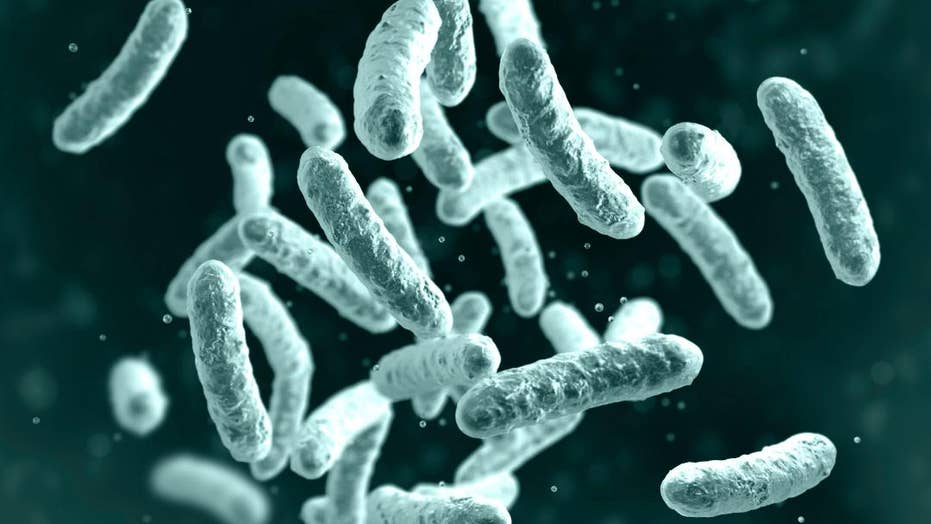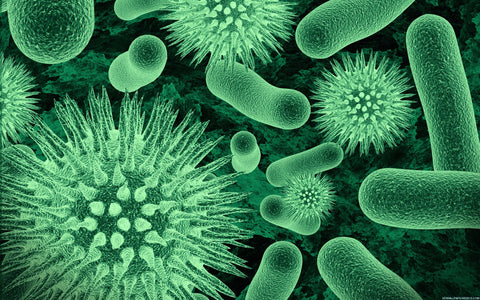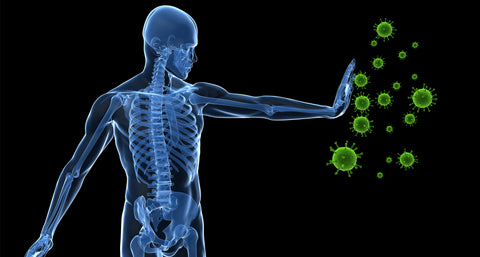
The recent abundance of media attention surrounding the coronavirus has left many people feeling vulnerable to the impending impact of the virus. Although the virus has received a tremendous amount of coverage in recent weeks—we can take a number of steps to minimize our risks of contracting it.
Although medical advances have allowed the human race to extinguish many previously harmful diseases—every now and then a new type of virus seems to pop up out of nowhere. The Coronavirus has garnered an unprecedented amount of attention but many are still unsure of the health implications associated with it.
Hi, I’m Sean Torbati. Human history has seen a number of diseases over the years. Whether it be the plague, polio, or chickenpox—people have struggled with fighting ailments since the beginning of time. While it is impossible to fully protect against catching diseases, steps can be taken to help mitigate the risks of contracting certain viruses.
In this piece, we’ll take a look at some diseases that the human race has encountered as well as some common ways to boost immunity.

The Bubonic Plague
The Bubonic Plague, also known as the Black Death caused widespread human destruction throughout most of the mid 1300’s. During this time, 50 million people who contracted the disease perished—accounting for more than 60% of Europe’s population at the time.
The disease originated in central Asia before spreading west along major trade routes (1). Numerous European cities were impacted by the pandemic due to the causative agent of the plague better known as Yersinia Pestis. Many believed the spread of the disease was mainly caused by the transmission of the disease from rats and fleas.
Eventually treatment in the form of antibiotics and quarantine measures helped to eradicate and fully wipe out the disease.

Polio
As one of the most terrifying outbreaks of the 20th century, Polio was a virus which caused paralysis amongst thousands of individuals yearly. As a disabling and life-threatening disease—Polio can infect an individual’s spinal cord sometimes causing permanent disabilities and even death (2).
With symptoms resembling the common flu—it can often be difficult to pinpoint the virus initially. Eventually the advent of vaccination procedures in the 1950’s helped to fully eradicate Polio by the 1970’s. Through quarantine procedures and required vaccinations, Polio eventually became a disease of the past.
Chickenpox
Many people born prior to the 1990’s experienced chickenpox as a childhood disease that essentially became somewhat of a rite of passage. As a contagious infection caused by the varicella-zoster virus—it mainly affected children of a young age (3).
The most common symptoms of the virus are itchy, rashy skin filled with red blisters. Although generally mild, it was once a potentially deadly virus before vaccinations were created over the last several decades.
Individuals most at risk for the disease include those with a weakened immune system due to cancer, HIV, or other related conditions.
Recent Viruses/Diseases
Recent years have seen several health concerns arise in the form of contagions such as SARS, Ebola, Bird Flu, Swine Flu, and now Coronavirus. Although transmission of viruses is often out of your control—taking a few simple steps can help to boost the immune system and fight off impending diseases.
Let’s take a look at some common methods of boosting immunity that can be taken.

Healthy Diet
Dietary habits can impact the body’s immune system. Individuals that follow Western styles of diets are more likely to experience chronic inflammation and depressed immune systems. People following healthy omnivorous diets have been shown to have a reduced abundance of inflammation-related genes in the gut microbiota (4).
Your body can boost it’s immune system by taking in appropriate amounts of key nutrients such as:
- Essential amino acids
- Vitamin A
- Folic acid
- Vitamin B6
- Vitamin B12
- Vitamin C
- Vitamin E
- Zinc
Utilizing these nutrients can help to enhance some aspects of the immune system and potentially decrease the risk of infections.
Regular Exercise
Another way to boost immunity is through the use of regular exercise. One recent study showed that acute exercise in moderate intensity can play a critical role in immune function helping to stimulate the exchange of distinct and highly active immune cell subtypes (5).
In other words, daily exercise is one way of enhancing immune defense activity while improving metabolic health. Furthermore, the same study found that exercise and physical fitness may help to diversify the gut microbiota.
Getting Proper Sleep
Sick people generally sleep much more than healthy individuals—there’s a reason for this. Sleep and the circadian system are able to exert a strong regulatory influence on immune functions (6).
Immune functions display prominent rhythms in synchrony with regular 24 hour sleep cycles (6). Getting adequate sleep coincides with the fast combat of invading antigens while repairing tissue damage and improving immunity response.

Boost Your Immune System Today
Awareness of the Coronavirus has made people become increasingly aware of their health. Although the spread of some viruses may be unavoidable—boosting our immune systems can help to fend off any impending attacks our bodies may face.
Following a healthy diet, performing regular exercise, and getting adequate rest can go a long way towards improving long-term sustainable health. As we’ve seen in the past—the human race has encountered a number of disease-related obstacles. Until viruses and diseases are fully eradicated—every step possible should be taken to protect ourselves from harm.
If you have any other questions about ways you can boost your immunity, feel free to contact me. Creating lifelong, sustainable health should be a main focus of our lives. Health is wealth—so stay healthy and be happy.
Kindest regards,
Sean Torbati - PN Certified Nutritionist | EXOS Phase 3 Training Specialist
Co-Founder, Ambrosia Collective
References:
- https://www.sciencedirect.com/science/article/abs/pii/S1438463904702771
- https://www.cdc.gov/polio/what-is-polio/index.htm
- https://www.webmd.com/children/what-is-chickenpox
- https://www.ncbi.nlm.nih.gov/pmc/articles/PMC5934425/
- https://www.sciencedirect.com/science/article/pii/S2095254618301005
- https://www.ncbi.nlm.nih.gov/pmc/articles/PMC3256323/












